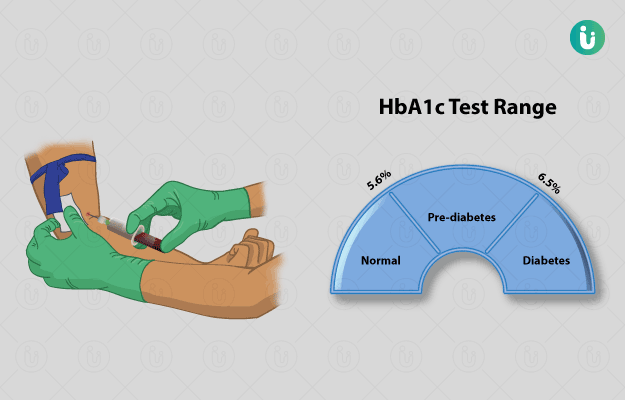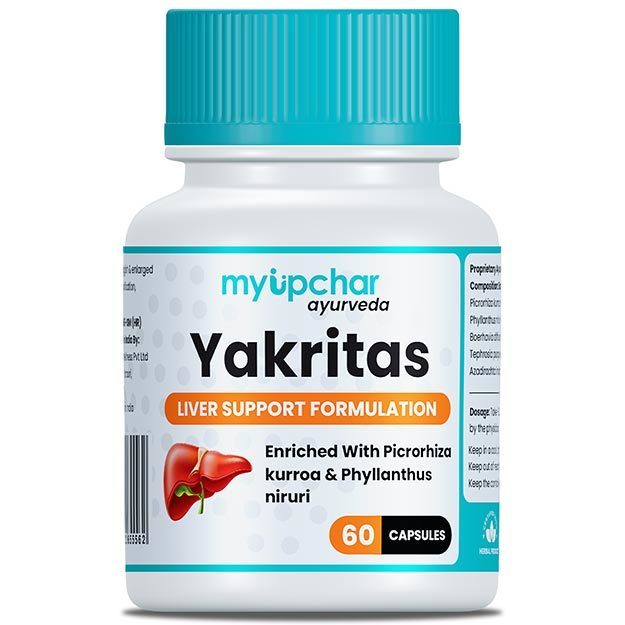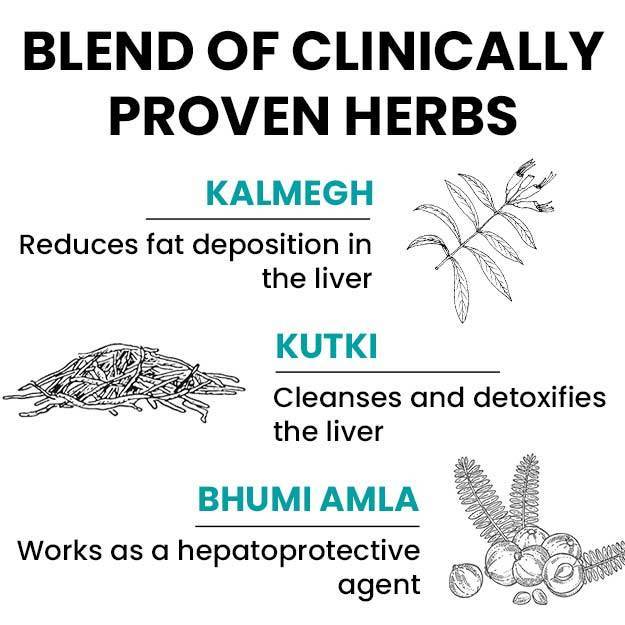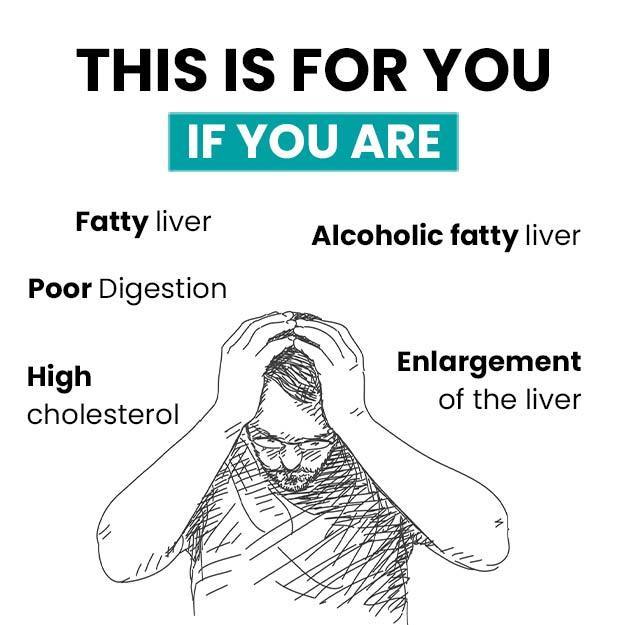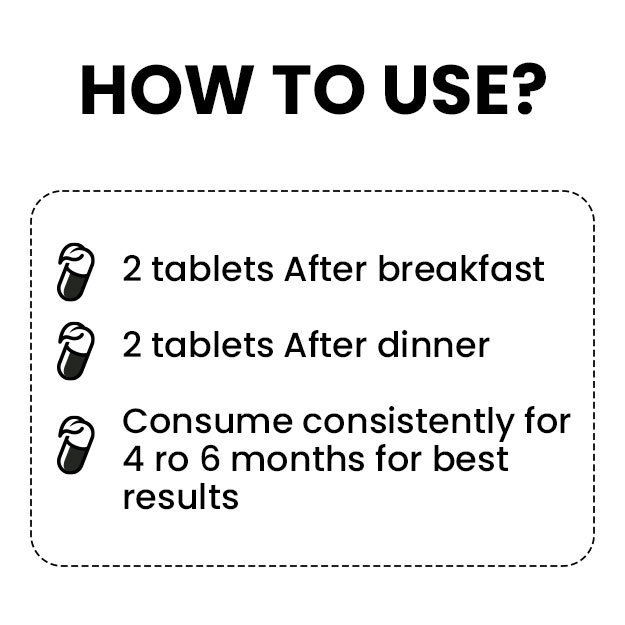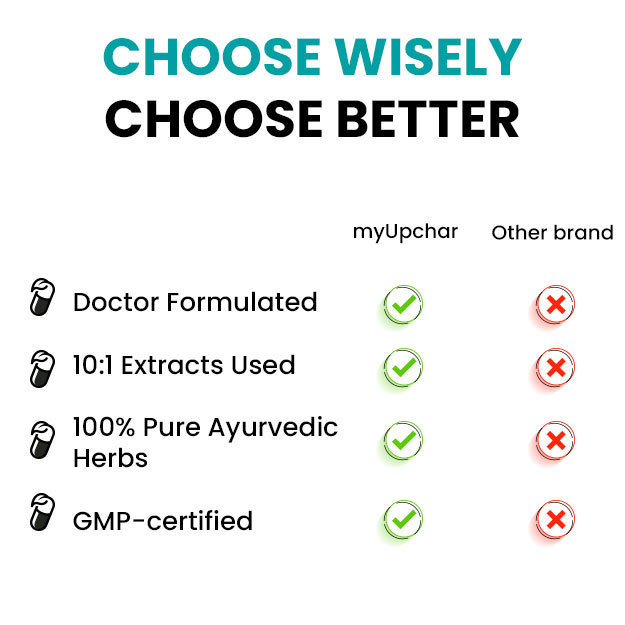What is HbA1c test?
HbA1c, also called haemoglobin A1c, glycosylated haemoglobin or glycated haemoglobin, is a blood test primarily used to determine average blood sugar levels within 2-3 months.
If you want to know what is the ayurvedic treatment of diabetes, then definitely click on this link.
Haemoglobin is a protein found inside RBC and it performs the vital function of carrying oxygen from the lungs to all parts of the body. Glucose in the blood enters red blood cells and binds to haemoglobin, forming glycated haemoglobin. The higher the blood glucose levels, the more the formation of glycated haemoglobin.
By measuring the amount of glycated haemoglobin (haemoglobin molecules with attached sugars), this test helps in assessing and monitoring blood sugar levels. Consequently, HbA1c test is useful in the diagnosis of type 2 diabetes and prediabetes and may be ordered in individuals who are suspected to have diabetes. It also helps in assessing the effectiveness of medications and lifestyle changes in controlling blood sugar levels.
(Read More - Diabetic retinopathy)

